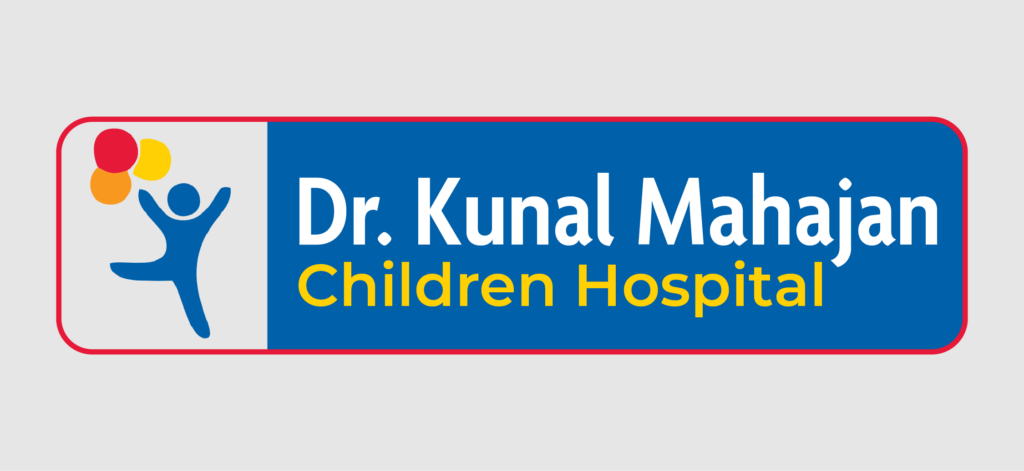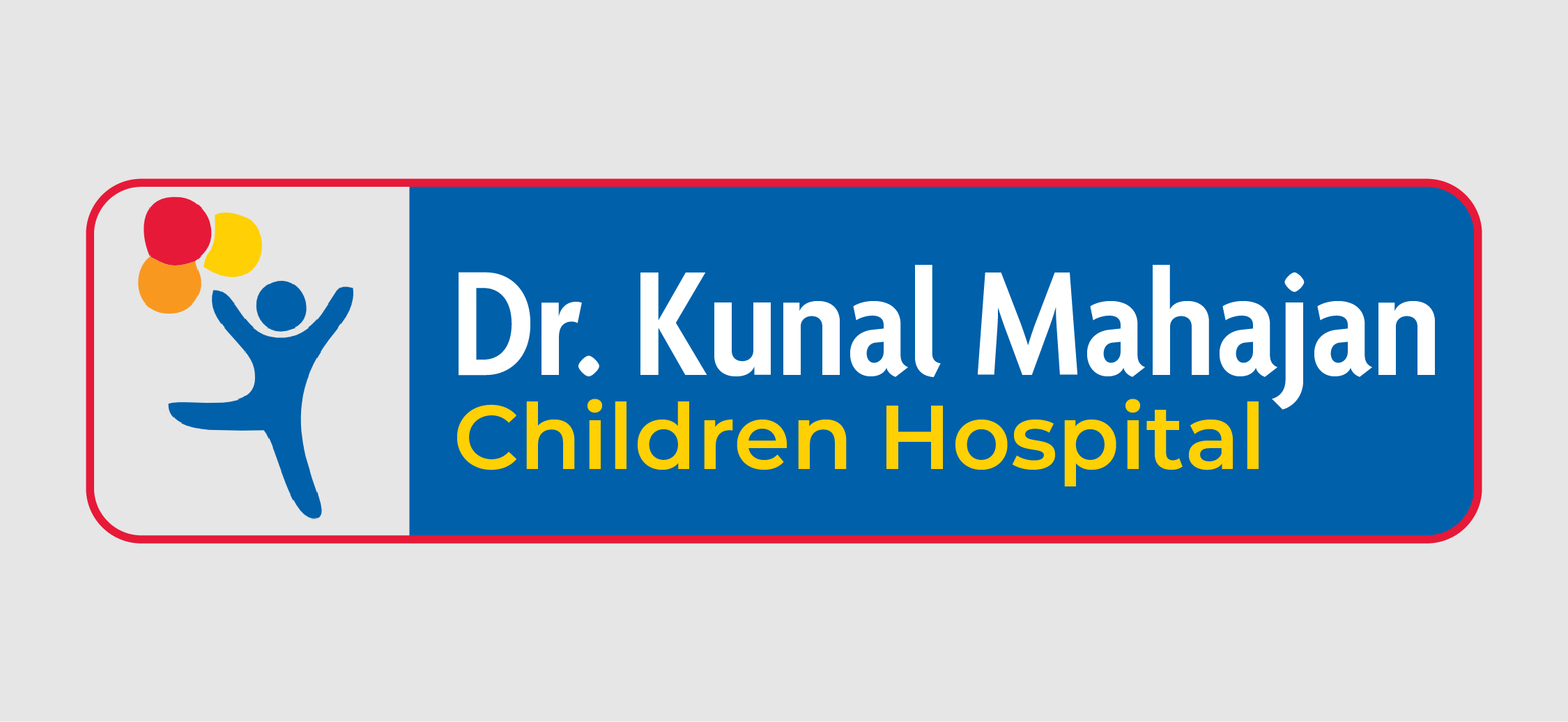Gastrointestinal Disorders

At Dr. Kunal Mahajan Children’s Hospital, we provide specialized services for the diagnosis, treatment, and management of gastrointestinal disorders, including gastroesophageal reflux (GER) and other related conditions in children. Gastrointestinal disorders encompass a wide range of conditions affecting the digestive system, including the esophagus, stomach, intestines, liver, gallbladder, and pancreas. Our dedicated team of pediatric gastroenterologists, pediatric surgeons, dietitians, and support staff is committed to providing comprehensive care to children with gastrointestinal disorders and their families.
Diagnosis: Accurate diagnosis of gastrointestinal disorders is essential for guiding treatment and management strategies. Our experienced pediatric gastroenterologists conduct thorough evaluations to assess children’s medical history, symptoms, dietary habits, and potential underlying causes or risk factors for gastrointestinal problems. Diagnostic tests may include:
Clinical Evaluation: Our team performs comprehensive clinical assessments, including physical examinations and medical history reviews, to identify symptoms and signs suggestive of gastrointestinal disorders, such as abdominal pain, nausea, vomiting, diarrhea, constipation, bloating, and weight loss.
Laboratory Tests: Blood tests and stool studies may be performed to evaluate for signs of inflammation, infection, malabsorption, nutritional deficiencies, and other abnormalities that may indicate gastrointestinal disorders.
Imaging Studies: Imaging tests, such as X-rays, ultrasound, computed tomography (CT), or magnetic resonance imaging (MRI), may be used to visualize the structure and function of the gastrointestinal tract, assess for anatomical abnormalities, and detect signs of obstruction, inflammation, or other pathology.
Endoscopic Procedures: Endoscopic procedures, such as upper gastrointestinal endoscopy (esophagogastroduodenoscopy or EGD) or lower gastrointestinal endoscopy (colonoscopy), may be performed to directly visualize the esophagus, stomach, and intestines, obtain tissue samples (biopsies), and diagnose conditions such as gastroesophageal reflux disease (GERD), gastritis, ulcers, inflammatory bowel disease (IBD), or celiac disease.
Classification: Gastrointestinal disorders encompass a wide spectrum of conditions with diverse etiologies, clinical presentations, and treatment approaches. Common types of gastrointestinal disorders seen in children include:
Gastroesophageal Reflux (GER): Gastroesophageal reflux is a common digestive disorder characterized by the backward flow of stomach contents (acidic gastric juices) into the esophagus, leading to symptoms such as heartburn, regurgitation, chest pain, coughing, and feeding difficulties in infants and children.
Gastroesophageal Reflux Disease (GERD): GERD is a chronic and more severe form of gastroesophageal reflux characterized by frequent or persistent symptoms of reflux, esophageal inflammation, and complications such as esophagitis, strictures, Barrett’s esophagus, or respiratory problems.
Inflammatory Bowel Disease (IBD): Inflammatory bowel disease encompasses chronic inflammatory conditions of the digestive tract, including Crohn’s disease and ulcerative colitis, characterized by inflammation, ulceration, and immune-mediated damage to the intestinal lining, leading to symptoms such as abdominal pain, diarrhea, rectal bleeding, weight loss, and growth failure.
Celiac Disease: Celiac disease is an autoimmune disorder triggered by gluten consumption in genetically predisposed individuals, resulting in inflammation, villous atrophy, and malabsorption in the small intestine, leading to symptoms such as abdominal pain, diarrhea, bloating, fatigue, and nutritional deficiencies.
Treatment: Treatment for gastrointestinal disorders aims to alleviate symptoms, manage complications, and improve overall digestive health and quality of life. Our hospital offers a comprehensive range of treatment options for pediatric gastrointestinal disorders, including:
Medications: Medications may be prescribed to relieve symptoms, reduce inflammation, suppress acid production, promote motility, or modulate the immune response in children with gastrointestinal disorders. Common medications include proton pump inhibitors (PPIs), H2-receptor antagonists, antacids, prokinetic agents, anti-inflammatory drugs, immunosuppressants, and nutritional supplements.
Dietary Modification: Dietary modification plays a crucial role in managing gastrointestinal disorders and optimizing digestive health. Our dietitians provide personalized dietary counseling, meal planning, and nutritional support to address specific dietary triggers, intolerances, or deficiencies associated with gastrointestinal conditions, such as GERD, IBD, celiac disease, lactose intolerance, or food allergies.
Lifestyle Changes: Lifestyle modifications may be recommended to minimize symptoms and improve gastrointestinal function in children with digestive disorders. This may include optimizing feeding practices, promoting healthy eating habits, maintaining hydration, achieving and maintaining a healthy weight, avoiding trigger foods or beverages, practicing stress management techniques, and adopting regular physical activity.
- Supportive Care and Follow-Up: Our hospital emphasizes supportive care, education, and ongoing monitoring for children with gastrointestinal disorders and their families. We provide comprehensive patient and family education, support services, and resources to help children and families understand their condition, manage symptoms, navigate dietary restrictions, adhere to treatment plans, and promote optimal digestive health and well-being. Our multidisciplinary team collaborates closely with primary care providers, specialists, and community resources to ensure continuity of care and long-term management for children with gastrointestinal disorders.


